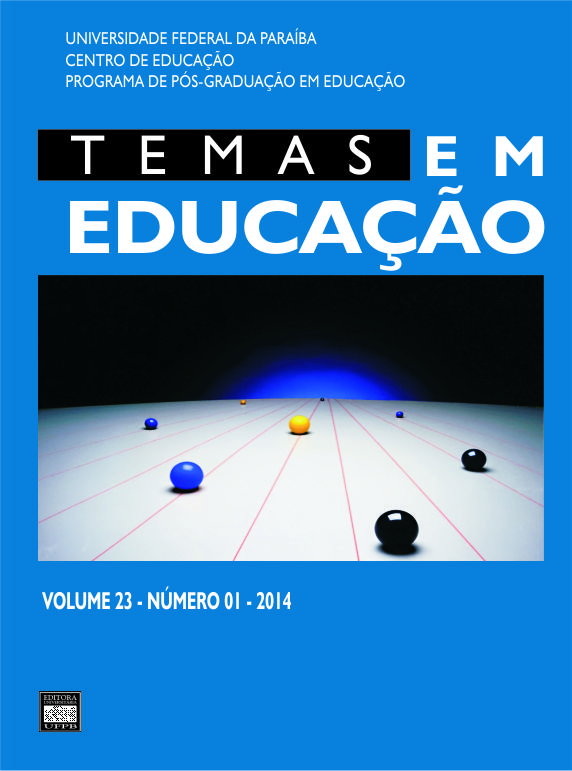A ANÁLISE ARQUEOLÓGICA DO DISCURSO: UMA LENTE DE PESQUISA EM EDUCAÇÃO
Abstract
Este artigo visa refletir sobre o uso da Arqueologia do Saber, preconizada por Michel Foucault, como uma ferramenta para as pesquisas no campo da educação: a Análise Arqueológica do Discurso (AAD). Esta abordagem teórico-metodológica tem sido objeto de reflexões para vários estudiosos, como mais uma alternativa para as análises dos objetos de investigação. A AAD trabalha com textos, criteriosamente escolhidos, a partir do estabelecimento de um corpus material, isto é, a partir das coisas ditas, expressas em um determinado tempo e lugar, como algo possível de aparecimento em um dado momento. É, portanto, uma abordagem de cunho histórico. Possui como categorias principais discurso e enunciado. Por fim, é uma lente de pesquisa que possibilita compreender determinado fenômeno da educação e da sociedade de um modo geral, uma vez que, com a AAD há a possibilidade de se identificar nos discursos, as construções sociais que orientam as ações dos sujeitos, suas práticas e modos de convivência.
Downloads
Downloads
Published
How to Cite
Issue
Section
License
Authors who publish in this journal agree to the following terms:
. Authors retain the copyright and grant the journal the right to first publication, with the work simultaneously licensed under the Licença Creative Commons Attribution that allows the sharing of the work with acknowledgment of authorship and initial publication in this magazine. . Authors are authorized to assume additional contracts separately, for non-exclusive distribution of the version of the work published in this journal (eg, publishing in institutional repository or as a book chapter), with acknowledgment of authorship and initial publication in this journal.
. Authors are permitted and encouraged to publish and distribute their work online (eg in institutional repositories or on their personal page) at any point before or during the editorial process, as this can generate productive changes, as well as increase impact and citation of the published work (See O Efeito do Acesso Livre).



















